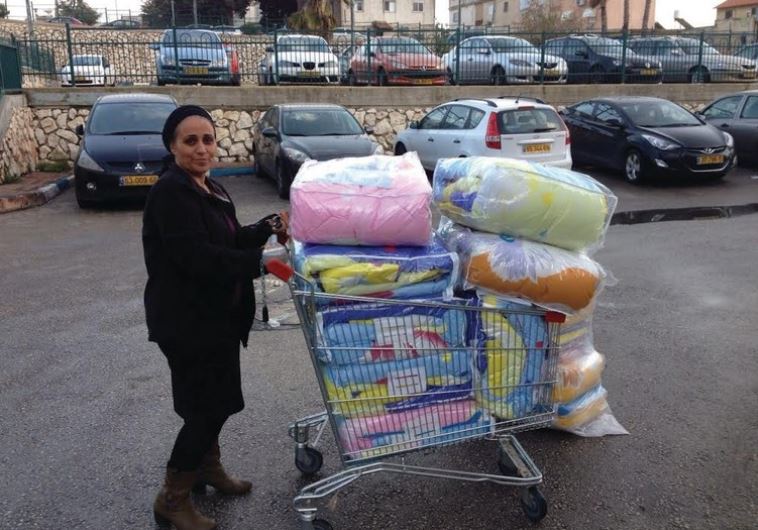Not on my watch: IFCJ coordinator Shira Gergi’s battle to help society
One of Gergi’s latest projects was opening up a club in Kiryat Shmona for extracurricular activities for schoolchildren.
 International Fellowship of Christians and Jews’ coordinator Shira Gergi
International Fellowship of Christians and Jews’ coordinator Shira Gergi